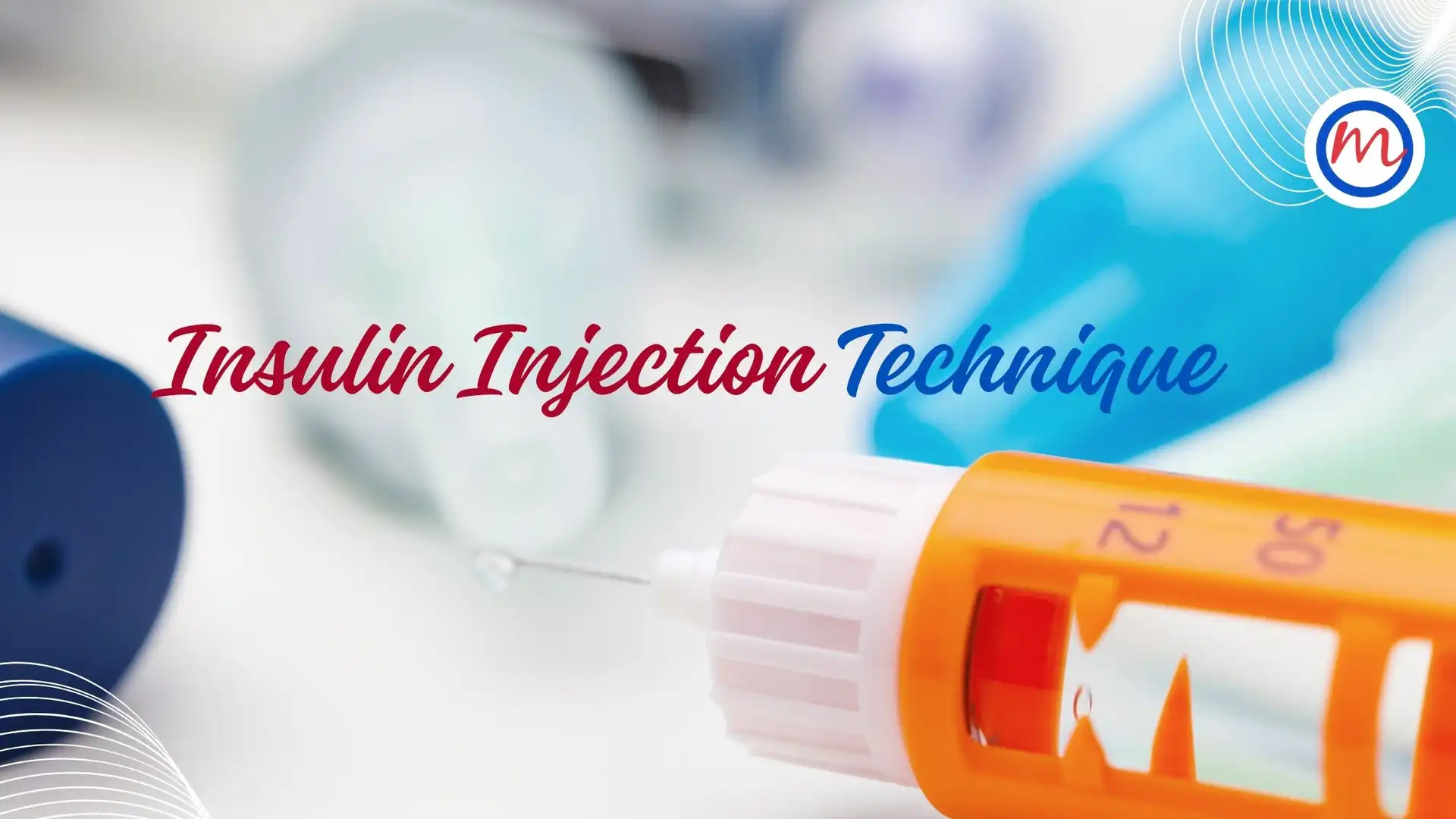HbA1c
Glycosylated Hemoglobin (Hba1c) test is an excellent index of long term control of diabetes over preceding 2-3 months. Unlike blood sugars which tend to fluctuate from day to day and even hour to hour, the Hba1c test is a true index of the average blood glucose control during previous 2-3 months.
Normal glucose level –normal amount of glucose gets attached to hemoglobin
Higher glucose level – higher glucose gets attached to hemoglobin and increases Hba1c
If your Hba1c value is
| Below 5.6% | – | Normal |
| 5.6%-7 % | – | Good control |
| 7% -8 % | – | Fair control |
| Above 8 % | – | Poor control |
It is possible to lead a healthy life despite diabetes if your Hba1c is maintained <7%
Kidney function tests :
Kidneys filter the extra fluid and waste products from the blood. The bladder holds the liquid waste created by the kidneys until it leaves the body during urination.
Diabetic kidney disease or Diabetic nephropathy is a damage to the kidney due to diabetes over time. Uncontrolled diabetes affects the small blood vessels in the kidney which reduces the ability to remove waste and leads to diabetic nephropathy.
 Remember in early stages there may not be any symptoms. This early stage can be treated and even reversed damage. And kidney function tests are mandatory for making treatment decisions some diabetes medicines are contraindicated if renal parameters are elevated.
Remember in early stages there may not be any symptoms. This early stage can be treated and even reversed damage. And kidney function tests are mandatory for making treatment decisions some diabetes medicines are contraindicated if renal parameters are elevated.
High blood pressure also damages the blood vessels and can cause or worsen kidney disease.
Kidney function test needs to be tested and repeated every 3-6 months and more frequently if any of the components are not within the normal limits.
| Kidney Function Test | Normal Range | |
| Blood urea | – | 15-40 mg/dl |
| Blood Creatinine | – | Less than 1.2 mg/dl |
| Estimated protein excretion (EPE) | – | <200 mg/dl |
| Urine Microalbuminuria | – | <30 microgram/mg of creatinine |
Micro albuminuria is the test done in Urine sample to detect early stages of diabetic Nephropathy (Diabetic kidney disease) Microalbuminuria is reversible in the early stages with good control of diabetes and blood pressure. This test is to be checked at least once in 6 months or more frequently, if value is elevated
Liver function test (LFT)
The liver is the large organ in the right side of the stomach .All the blood leaving from the stomach and intestines passes through the liver. Liver processes the blood and breaks down, toxic chemicals balances and creates the nutrients and also metabolizes drugs into forms that are easier to use for the rest of the body to non toxic products.
Diabetes
Excess intake of alcohol
Fatty liver
Liver function test to be checked at least once in 6 months, repeat more frequent if abnormal
LFT is to be checked more frequents in the following conditions
Haemogram
Haemogram refers to a group of tests performed on a sample of the blood. Haemogram test is a screening panel that checks for the presence of any diseases and infections in the body. It comprises of total blood count, hemoglobin, WBC, RBC, Platelet count etc. Regular monitoring of hemoglobin helps to detect and treat anemia.
It helps to review overall health /monitor medical condition
To be checked at least once a year or more often based on complaints
Helpful in dosage adjustments and treatment of any infection /disease
If abnormal, to be repeated more frequencies.
Electrolytes
 Electrolytes are minerals in our body that have an electric charge. They comprise of Sodium Potassium Chloride and Bicarbonates. They are in blood, urine, tissues and other body fluids .Electrolytes are important because they help to balance the amount of water in our body. They helps in the diagnosis and management of renal and many other conditions. They also help to evaluate the progression of renal disease are helpful in deciding dosage of BP medication to prevent electrolyte imbalance by early detection.
Electrolytes are minerals in our body that have an electric charge. They comprise of Sodium Potassium Chloride and Bicarbonates. They are in blood, urine, tissues and other body fluids .Electrolytes are important because they help to balance the amount of water in our body. They helps in the diagnosis and management of renal and many other conditions. They also help to evaluate the progression of renal disease are helpful in deciding dosage of BP medication to prevent electrolyte imbalance by early detection.
Electrolytes to be checked once in 6 months and more often if one is taking
BP medication and diuretics or
If the serum and creatinine is high
Also check electrolyte if you have any of following complaints
Weight gain
Swelling of feet
Abnormal Kidney function
Dehydration
Vomiting
Loose stools
Giddiness
Muscle cramps
Risk for electrolyte imbalance :
- Uncontrolled diabetes
- Age
- Hypertension
- Pre existing renal disease.
Heart Tests for diabetes
Heart disease is common in people with diabetes. While all people with diabetes have an increased chance of developing heart disease, the condition is more common in those with type 2 diabetes. In fact, heart disease is the number one cause of death among people with type 2 diabetes.
When you have diabetes, your chance of heart disease goes up, so you may need tests that check how well your ticker is working. They’ll help your doctor see if you have signs of heart trouble and figure out the best treatment for you.



